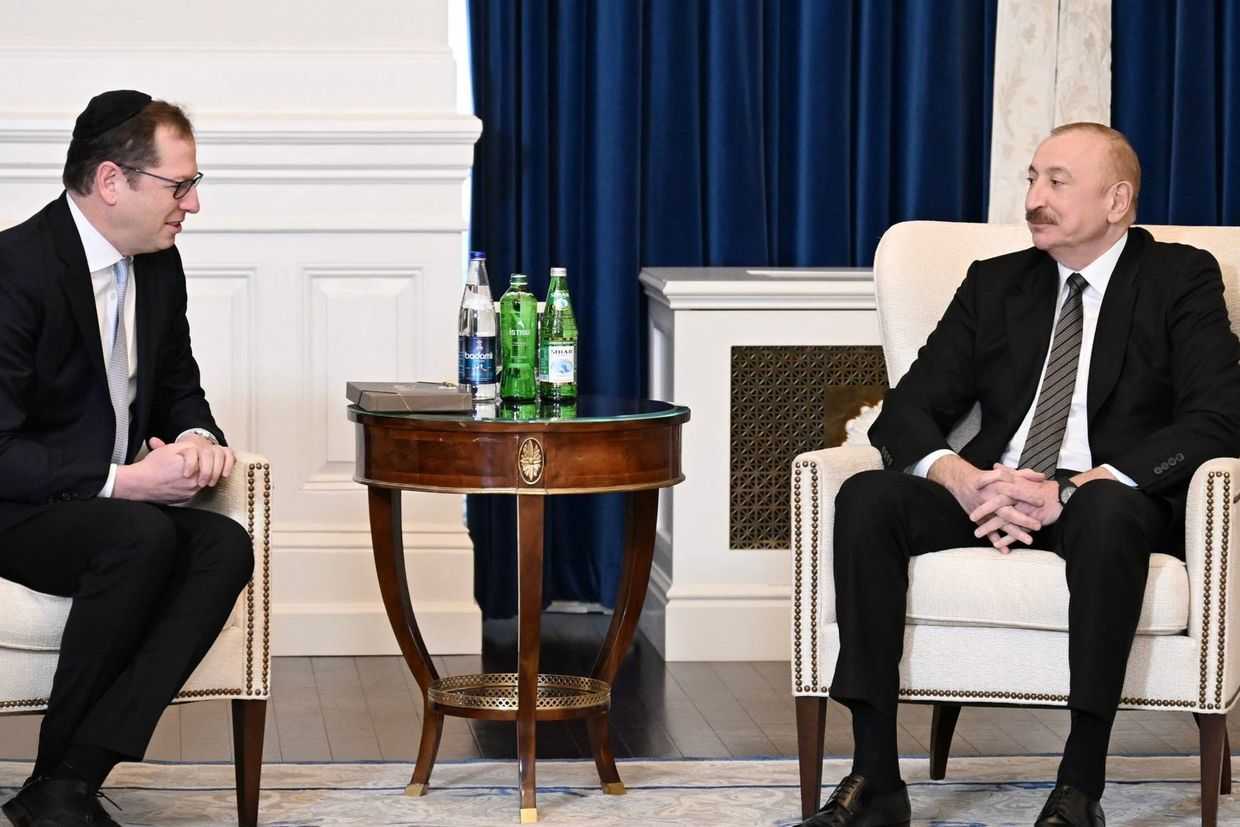
On Monday, the Azerbaijani Parliament approved new restrictive changes to its media law, fining print media outlets and restricting their work should they fail to register their organisations.
The pro-government media outlet APA wrote that these are reflected in the proposed amendment to the law on mass media, which was discussed at a 14 July session.
According to the new amendments, if a print media entity operates without registration in the Media Register, the release or distribution of its printed products by both the publication and the distributor is prohibited.
The law stipulates that the suspension of the distribution of printed products, confiscation of the print run, or part of the print run is permitted only by a court decision.
Azerbaijan’s Media Register was established more than two years ago after the adoption of the new legislation on media.
The process of registering mass media and journalists in the Media Register began in October 2022. It is carried out based on the requirements of the new law, which entered into force in February 2022.
Fines for failure to register in the Media Register
The new changes to the media law have introduced higher fines for failure to comply with registration requirements.
In the amendments, print media outlets that refuse to register in the Media Register can be fined up to ₼5,000 ($2,900).
‘According to the law, physical persons will be fined from ₼500 to ₼1,000 ($295–$600), officials from ₼1,500 to ₼2,500 ($880–$1,500), and legal entities from ₼3,000 to ₼5,000 ($1,800–$2,900) for the publication or dissemination of printed media products by a print media entity operating without being registered in the Media Register or by the entity, publishing house (publisher), or distributor’, APA wrote.
The bill also contains other restrictions on the ability of the media to operate, preventing foreign legal entities and individuals from funding more than 25% of the cost of each issue published by print or online media. It is unclear how the authorities plan to calculate these costs for online media.
The amendments also require media organisations to have agreements to obtain ‘information from at least 20 media entities’, have journalists accredited in at least five foreign countries, and have at least 80% of their production comply with the law’s criteria, APA reported.
Should the government allow foreign media outlets to operate in Azerbaijan, the outlets are expected to apply to the Media Register within seven days of receiving their government approval.
A media expert has told OC Media on the condition of anonymity that since January, the Media Development Agency has taken measures to terminate the activities of media outlets that have not applied for registration.
However, applying on the Media Register’s online portal does not guarantee registration, as was the case with a number of media outlets whose applications were rejected, said the expert.
The expert said that ‘terminating the activities of a media outlet is the most difficult decision for a media outlet’.
‘Making such decisions for technical reasons, such as lack of registration in the registry, is inconsistent with both national and international media legislation and freedom of expression’.











